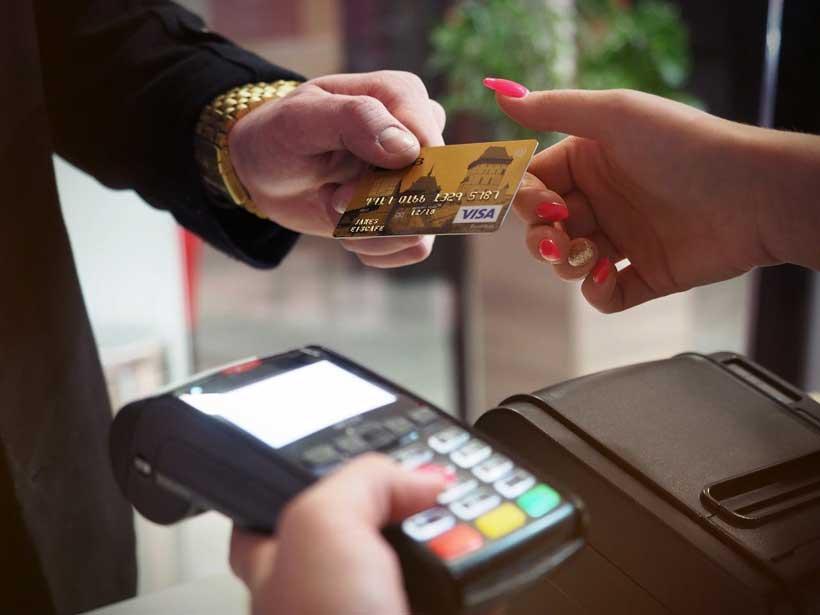By
Sahibzada M. Usman, Ph.D.
Africa-Press – Eritrea. Pakistan and the UAE have been talking about teaming up to push for a cashless economy and faster digital transformation. The UAE shared its own success story in digital payments, Pakistan highlighted Shehbaz Sharif’s vision for modern governance, and both sides promised to keep working together. It’s the sort of announcement that sounds ambitious, maybe even overdue. But whether it can work in Pakistan is a more complicated question.
The UAE’s experience is impressive. You can live in Dubai for weeks without ever needing to carry cash. From taxis to government services, everything is digitized, quick, and efficient. The whole setup didn’t happen overnight, of course, but the infrastructure and money were there to make it work. Pakistan’s reality is different. Cash dominates, especially outside of major cities. Even in places like Lahore or Karachi, try paying your neighbourhood vendor digitally and you’ll probably just get a blank look.
That gap doesn’t mean Pakistan shouldn’t try. If anything, it makes the case for learning from a country that’s already done it. The UAE’s know-how could save Pakistan from years of missteps. The key, though, is not just copying systems but figuring out how to adapt them to a much larger and far more diverse population. A solution that works smoothly in Abu Dhabi may not fit in Peshawar or Quetta without adjustments.
Trust is the first big hurdle. For digital payments to really take hold, people need to believe the system won’t fail them. And right now, faith in institutions and technology isn’t exactly high. Scams, unreliable services, and weak protections have made people cautious. Asking someone in a small town to replace their hard-earned cash with a string of digits on an app requires more than just a new policy, it takes education and proof that it’s safe.
Infrastructure is another obstacle. Digital payments sound easy until you think about what’s required: reliable electricity, affordable smartphones, stable internet. The UAE has all of that. Pakistan still struggles with load-shedding, patchy connectivity, and devices that are too expensive for many households. Until those basics are in place, the dream of a cashless economy will remain just that, a dream.
That said, the potential upside is massive. Millions of Pakistanis, especially women, still don’t have access to formal banking. A well-designed mobile money system could change that. It could also make life easier in ways people would immediately notice. Imagine paying your utility bill from home instead of standing in line for hours. Imagine government subsidies being delivered straight to your phone wallet with no middlemen taking a cut. These are the kinds of everyday wins that could shift attitudes.
The government would benefit too. A cashless economy leaves fewer shadows for tax evasion and corruption to hide in. If transactions are traceable and receipts are digital, it’s harder to skim money or invent excuses. That doesn’t solve all governance problems, but it does make petty manipulation less rewarding.
For this partnership with the UAE to succeed, it needs to stay grounded. Pakistan doesn’t need another glossy roadmap that gets launched with fanfare and then forgotten. What it needs are small but visible successes. Maybe digitize one critical service and make sure it works flawlessly. Or roll out a receipts system in a single major city and show how much faster it makes everyday transactions. Once people see it working in real life, scepticism will soften.
Cultural habits matter too. Cash isn’t just convenient in Pakistan, it’s familiar and trusted. People like the feel of money in their hands. Any attempt to push digital payments must respect that. It’s not about forcing people to abandon cash overnight but about showing them where digital options are safer or simpler. Over time, habits can shift, but only if people don’t feel like they’re being talked down to.
One interesting angle is how digital tools could improve governance. If done right, they reduce the human bottlenecks where corruption thrives. When you remove opportunities for manipulation, like an official who delays your file until you pay a bribe, you’re not just saving time, you’re strengthening trust in the system. That might sound idealistic, but it’s part of why leaders keep talking about digital governance as more than just technology.
Of course, the UAE has its own reasons to help. Beyond the usual diplomatic ties, smoother financial systems in Pakistan could benefit Emirati investors and businesses. That doesn’t make the offer less valuable; in fact, shared incentives are usually what keep partnerships alive. What matters is whether Pakistan’s institutions can follow through.
Moving toward a cashless economy isn’t going to happen in a year or even a few. It’s a long process, and the bumps along the way will test people’s patience. Still, it’s a direction worth pursuing. The UAE has shown what’s possible when resources and planning line up. Pakistan doesn’t have the same advantages, but it has something equally important: the urgent need for change. If both sides stick with this effort, and if Pakistan takes the time to get the basics right, the promise of digital finance might finally start to feel real.
moderndiplomacy
For More News And Analysis About Eritrea Follow Africa-Press







